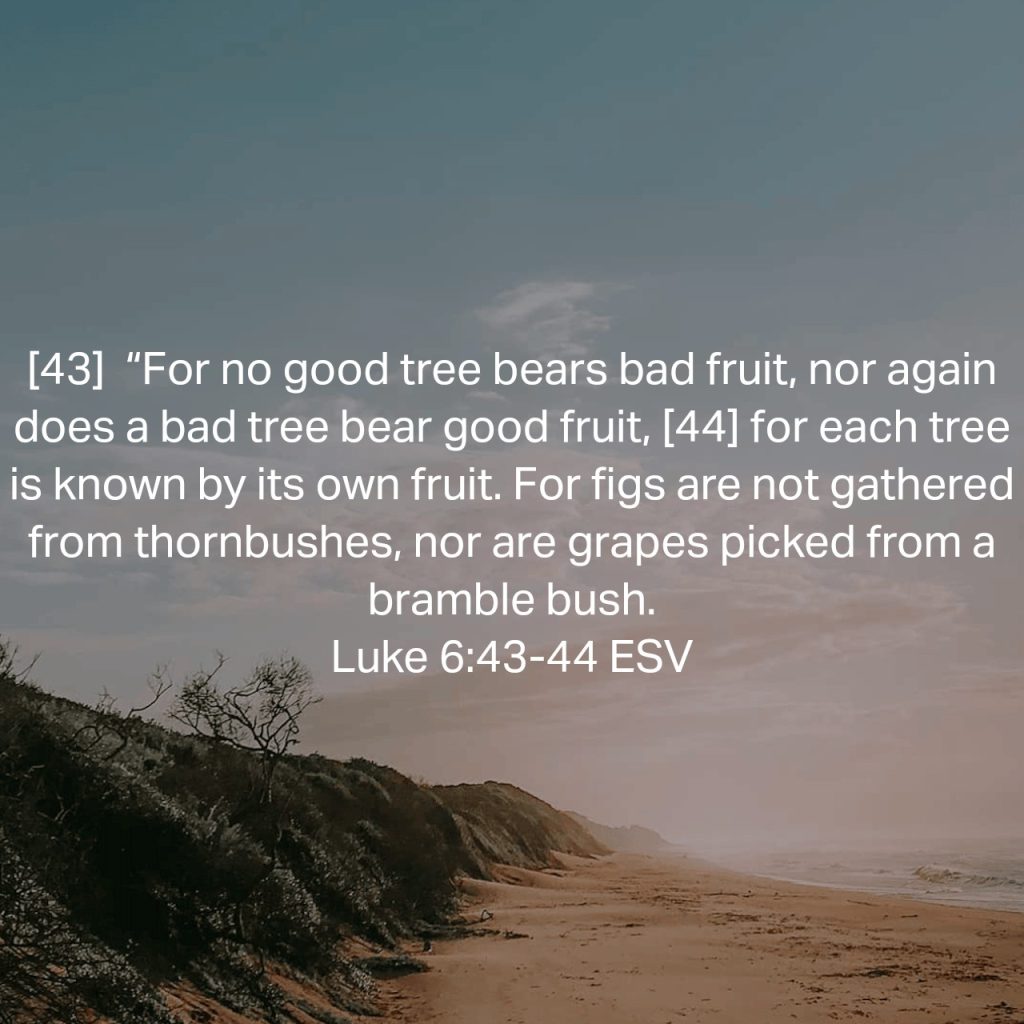Discipleship in the New Testament Definition and OriginThe term “disciple” comes from the Greek word μαθητής (mathētēs), meaning “learner” or “pupil.” In the New Testament, this term emphasizes the relationship between the teacher, Jesus, and His followers, who are committed to learning from Him and living according to His teachings. This relationship is foundational to understanding the Christian faith. Jesus’ Commandments to DisciplesDiscipleship is characterized by obedience to Jesus’ commandments as an expression of love for Him: These verses underscore that true discipleship involves both learning and applying Jesus’ teachings, leading to a transformation of life and spiritual freedom. The Term “Christian” Historical Context and UsageThe term “Christian” (Χριστιανός, Christianos)… Read More
Continue Reading
Matthew 25:31-33 (KJV)
“[31] When the Son of man shall come in his glory, and all the holy angels with him, then shall he sit upon the throne of his glory: [32] And before him shall be gathered all nations: and he shall separate them one from another, as a shepherd divideth his sheep from the goats: [33] And he shall set the sheep on his right hand, but the goats on the left.” Read more here. Introduction Matthew 25:31-33 describes the final judgment, where Jesus, the Son of Man, returns in glory with His angels to judge all nations, separating people like a shepherd separates sheep from goats. Interpretation This passage symbolizes… Read More
Continue ReadingScriptural Pathways: Bridging Political Debates and Meeting Humanitarian Needs
To address political debates and meet socio-economic and humanitarian needs effectively, it is crucial to focus on fundamental priorities that unite all individuals. These priorities, grounded in scripture, offer a moral and ethical framework for sustainable solutions. Access to safe, nutritious food and clean water is essential for survival and health. Matthew 25:35 reminds us, “For I was hungry, and you gave me something to eat; I was thirsty, and you gave me something to drink; I was a stranger, and you invited me in.” Isaiah 58:10 emphasizes the importance of caring for the hungry: “If you spend yourselves in behalf of the hungry and satisfy the needs of the… Read More
Continue ReadingScriptural Foundations for Solving Political Debates and Addressing Socio-Economic and Humanitarian Needs
To solve political debates and address socio-economic and humanitarian relief effectively, focusing on the fundamental needs and priorities that unite all individuals is essential. This approach can be supported by scripture, providing a moral and ethical foundation for these efforts. Ensuring access to sufficient, safe, and nutritious food and clean drinking water is paramount for survival and health, as Matthew 25:35 states, “For I was hungry, and you gave me something to eat; I was thirsty, and you gave me something to drink; I was a stranger, and you invited me in.” Isaiah 58:10 reinforces this by saying, “And if you spend yourselves in behalf of the hungry and satisfy… Read More
Continue Reading
Proverbs 1:7 (KJV)
“The fear of the LORD is the beginning of knowledge: but fools despise wisdom and instruction.” Read more here. Introduction Proverbs 1:7 highlights the foundational principle that reverence for the Lord is the starting point of true knowledge. It contrasts the wise, who seek understanding, with fools, who reject wisdom and instruction. Interpretation This verse underscores the importance of a reverent relationship with God as essential for gaining true knowledge and wisdom. It also portrays the rejection of wisdom and instruction as foolish. Modern Day Application Across Various Fields 1. Theology Emphasizes the necessity of a reverent relationship with God as the basis for true knowledge and understanding. 2. Philosophy… Read More
Continue Reading
Proverbs 1:2-4 (KJV)
“[2] To know wisdom and instruction; to perceive the words of understanding; [3] To receive the instruction of wisdom, justice, and judgment, and equity; [4] To give subtilty to the simple, to the young man knowledge and discretion.” Read more here. Introduction Proverbs 1:2-4 outlines the purpose of the Book of Proverbs, emphasizing the acquisition of wisdom, understanding, and instruction in various virtues. Interpretation These verses highlight the goals of gaining wisdom, understanding insightful words, and receiving instruction in wisdom, justice, judgment, and equity. They aim to provide subtlety to the inexperienced and impart knowledge and discretion to the young. Modern Day Application Across Various Fields 1. Theology Encourages the… Read More
Continue Reading
Luke 6:45 (ESV)
“The good person out of the good treasure of his heart produces good, and the evil person out of his evil treasure produces evil, for out of the abundance of the heart his mouth speaks.” Read more here. Introduction Luke 6:45 emphasizes the connection between a person’s inner character and their outward actions and words. Interpretation This verse teaches that the condition of a person’s heart determines their actions and speech. A good heart produces good deeds and words, while an evil heart results in negative behavior. Modern Day Application Across Various Fields 1. Theology Encourages self-examination and the cultivation of a pure heart to reflect God’s goodness in actions… Read More
Continue Reading
Luke 6:43-44 (ESV)
“[43] For no good tree bears bad fruit, nor again does a bad tree bear good fruit, [44] for each tree is known by its own fruit. For figs are not gathered from thornbushes, nor are grapes picked from a bramble bush.” Read more here. Introduction Luke 6:43-44 uses the metaphor of trees and their fruit to illustrate the relationship between a person’s character and their actions. Interpretation These verses teach that just as a tree is recognized by the quality of its fruit, a person’s true nature is revealed by their actions. Good character produces good deeds, while bad character results in negative actions. Modern Day Application Across Various… Read More
Continue Reading
Proverbs 3:3-7 (KJV)
“[3] Let not mercy and truth forsake thee: bind them about thy neck; write them upon the table of thine heart: [4] So shalt thou find favour and good understanding in the sight of God and man. [5] Trust in the LORD with all thine heart; and lean not unto thine own understanding. [6] In all thy ways acknowledge him, and he shall direct thy paths. [7] Be not wise in thine own eyes: fear the LORD, and depart from evil.” Read more here. Introduction Proverbs 3:3-7 offers guidance on maintaining mercy and truth, trusting in the Lord, and seeking His guidance for a righteous life. Interpretation These verses emphasize… Read More
Continue Reading
Mark 4:22 (KJV)
“For there is nothing hid, which shall not be manifested; neither was any thing kept secret, but that it should come abroad.” Read more here. Introduction Mark 4:22 emphasizes the inevitability of truth and secrets being revealed, aligning with the broader theme of illumination and revelation in Jesus’ teachings. Interpretation This verse indicates that all hidden things will eventually be revealed and all secrets will come to light. It suggests the transparency and ultimate revelation of truth. Modern Day Application Across Various Fields 1. Theology Highlights the assurance that God’s truth will be revealed and nothing remains hidden from His sight. 2. Philosophy Promotes the idea that truth and knowledge… Read More
Continue Reading